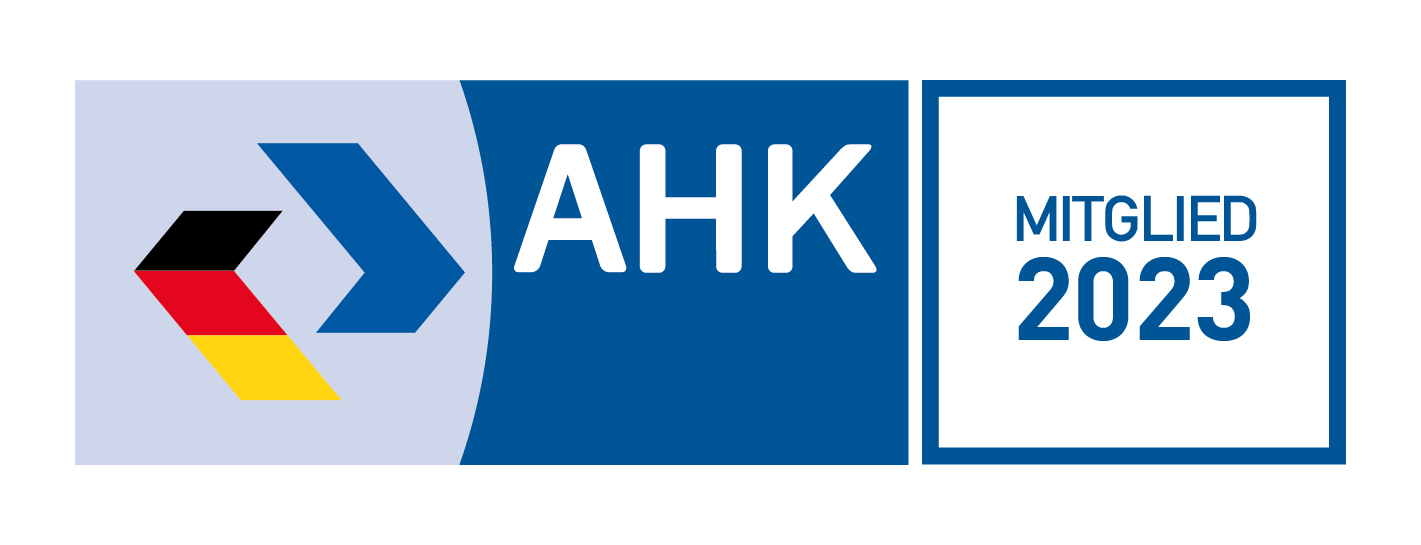The complexity of evaluating ESG factors is increasing as investors from different sectors increasingly seek to invest in sustainable products. The development of a market standard for ongoing property management plays a central role in capturing ESG-relevant information in the transaction process. In this article, I would like to provide insight into the current developments and challenges related to ESG data, which is the foundation for sustainable investment decisions.
Future-oriented and sustainable action is required from both investors and real estate operators. Sustainable use of real estate is ideally anchored in rental and lease agreements. In the future, dynamic arrangements with a high degree of flexibility will be used in addition with the help of a basic green lease contract. Both lawyers and the users themselves are involved in a results-oriented manner in the technical and organizational aspects of lease design. The collection and assessment of sustainability factors in digital format, both technical and non-technical, are essential and will form the basis of future stock and transaction assessments.
Controversial discussions on sustainable investments are broken up due to the disclosure regulation and taxonomy and sharpen the common understanding of future-oriented action. The definition of minimum energy standards and the adaptation obligations for existing buildings are just as important as clarifying the financing issue – and not least the financing conditions. In this respect, information must be prepared in a targeted manner in order to build up convincing chains of argumentation for the financing institutions and debt capital providers.
The management of cash flows in sustainable investments is firmly anchored in the working papers of the EBA (European Banking Authority), BaFin (German Federal Financial Supervisory Authority) and MaRisk (Minimum Requirements for Risk Management). The number of providers of ESG or ESG-related services has visibly increased, which is positive in terms of the demand for quality data. The recording of ESG-relevant factors is often difficult due to an unstructured information situation. Structured and digitally available documents rarely exist, and electronic data formats from existing systems are often missing. The “sustainability of a real estate transaction” must be based on a new information economy, which requires several factors at once, such as the unique collection of information without duplicate storage, as well as coherent information in the context of the object, which is at the same time transferable to the company. In addition, there is the availability of quality information with verifiable sources and the use of standardized formats for the exchange of digital information.
In the face of profound change, collective and responsible action must be encouraged. Addressing the impact of a changing climate as it interacts with our real estate as a central living space for our society affects all participants in the economic chain. Only by acting sustainably today can we create a basis for the future of our investments.

Henry Fritzsche
Chief Operations Officer
Published in bii Institutional News.
October 2023 issue.





